Kubernetes Principles Guide - Kubernetes Learning Resource
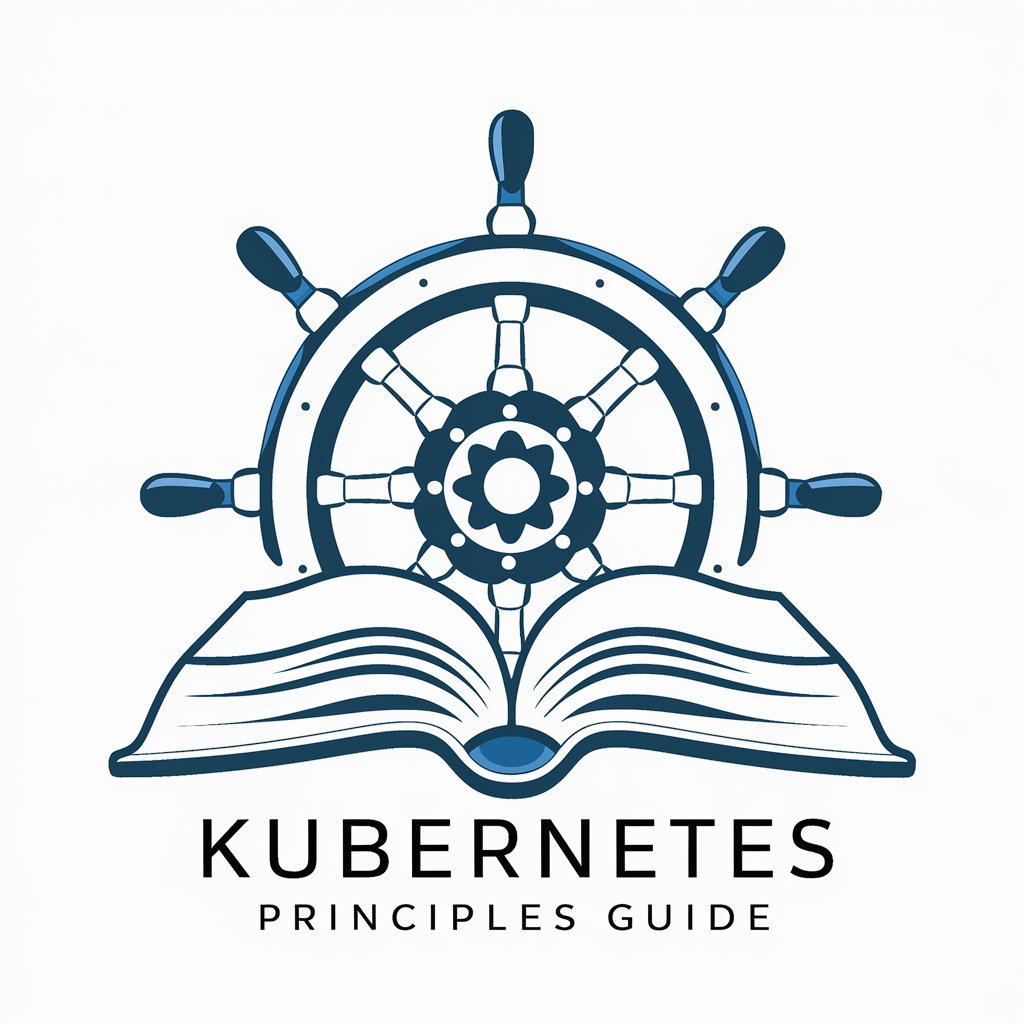
Welcome to the Kubernetes Principles Guide!
Master Kubernetes with AI-powered guidance
Explain the core concepts of Kubernetes, focusing on...
Describe how to set up a Kubernetes cluster using...
What are the best practices for managing Kubernetes workloads...
How does Kubernetes handle container orchestration in...
Get Embed Code
Overview of Kubernetes Principles Guide
The Kubernetes Principles Guide is designed as a specialized resource aimed at providing deep insights into Kubernetes, an open-source platform for automating deployment, scaling, and operations of application containers across clusters of hosts. Its primary function is to offer users accurate, up-to-date information aligned with the official Kubernetes documentation, ensuring that both beginners and experienced users have access to trusted knowledge for their Kubernetes journey. Through this guide, users can learn about Kubernetes' architecture, core components, operational practices, and deployment strategies. For example, it offers explanations on creating and managing containerized applications with Kubernetes, utilizing Pods, Deployments, Services, and more, backed by examples directly from or inspired by the official documentation. This approach aids in reinforcing learning with credible resources, encouraging users to verify and explore topics further. Powered by ChatGPT-4o。

Core Functions of Kubernetes Principles Guide
Educational Resource
Example
Guides on setting up and managing a Kubernetes cluster, including detailed steps on installing Kubernetes on various platforms, configuring networking, and deploying applications.
Scenario
A user new to Kubernetes wants to learn how to deploy a scalable web application. The guide provides a comprehensive tutorial on creating a deployment that manages a set of replicas of a web application, ensuring it remains available and can scale up or down as needed.
Reference Material
Example
In-depth discussions on Kubernetes objects like Pods, Services, Volumes, and Namespaces, including their syntax, options, and usage scenarios.
Scenario
An experienced developer needs to implement persistent storage for a stateful application. The guide offers detailed information on using PersistentVolumes and PersistentVolumeClaims, helping the developer choose the right storage option and configure it properly.
Best Practices and Recommendations
Example
Advice on securing a Kubernetes cluster, optimizing resource usage, and implementing continuous deployment pipelines.
Scenario
A team is looking to improve their CI/CD pipeline for Kubernetes deployments. The guide provides insights into integrating Kubernetes with existing CI/CD tools, automating deployments, and leveraging Kubernetes features for rolling updates and rollbacks.
Target User Groups for Kubernetes Principles Guide
Developers and DevOps Professionals
Individuals and teams involved in developing, deploying, and managing containerized applications will find this guide invaluable for learning Kubernetes concepts, operational practices, and how to apply them in development pipelines. It caters to both novices seeking foundational knowledge and experienced professionals aiming for advanced skills.
System Administrators
System administrators responsible for maintaining the infrastructure supporting Kubernetes environments can leverage the guide for insights on cluster setup, maintenance, scaling, and troubleshooting, ensuring they can support developers and maintain operational efficiency.
Educators and Trainers
Educators looking for comprehensive, accurate resources to support their training programs in cloud computing and container orchestration will find this guide a robust foundation to teach Kubernetes fundamentals, advanced topics, and hands-on skills.

Guidelines for Using the Kubernetes Principles Guide
Start Your Journey
Begin by accessing a comprehensive Kubernetes learning platform like yeschat.ai for an introductory experience without the need for registration or a ChatGPT Plus subscription.
Explore Official Documentation
Familiarize yourself with the Kubernetes official documentation at https://kubernetes.io/docs/home/ to understand foundational concepts and terminologies.
Utilize the Guide
Use the Kubernetes Principles Guide to deepen your understanding of Kubernetes, leveraging its structured explanations, code examples, and alignment with official guidelines.
Apply Knowledge Practically
Experiment with deploying and managing containers using Kubernetes in a safe, controlled environment to gain hands-on experience.
Seek Continuous Learning
Stay updated with the latest Kubernetes features and best practices by regularly consulting the guide and engaging with the Kubernetes community.
Try other advanced and practical GPTs
Prompt Engineer
Crafting Precision in AI Conversations
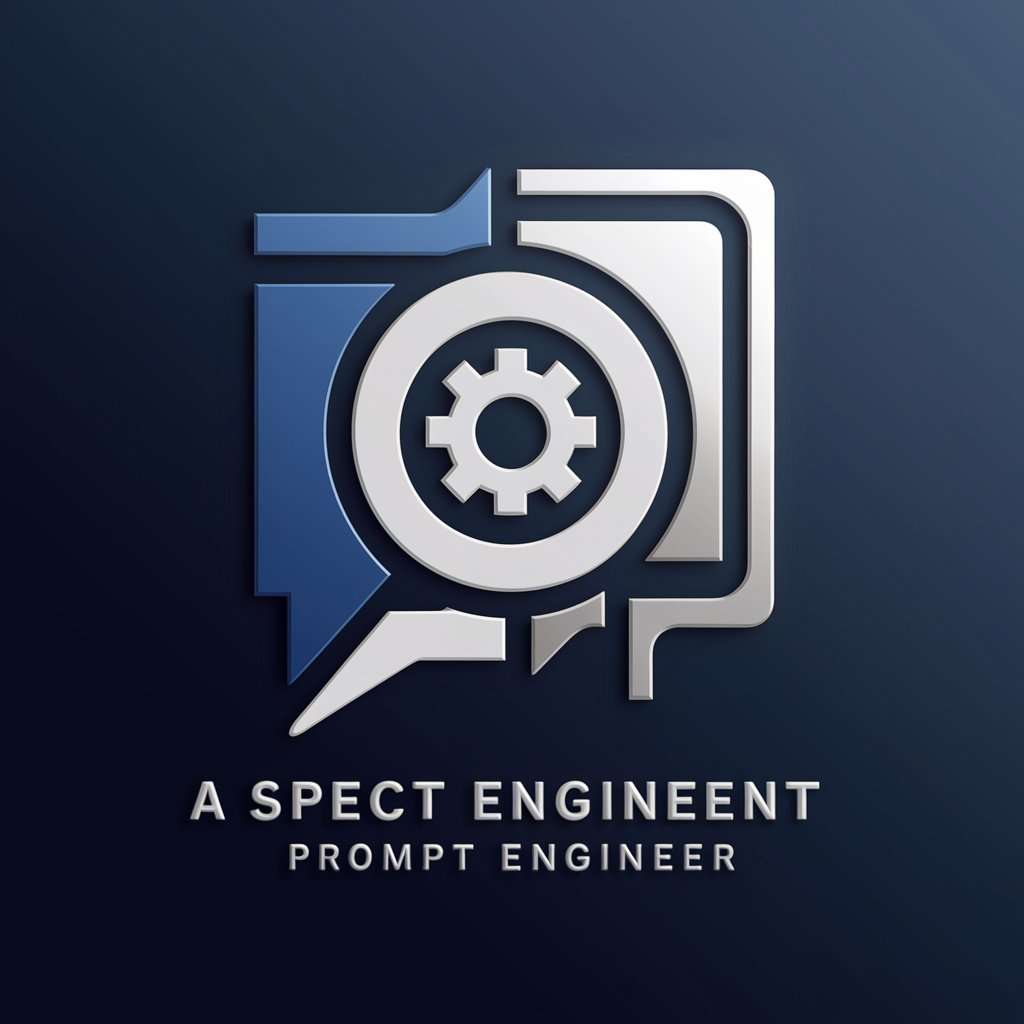
GPT-Bug 2.0
Unleash Creativity with AI
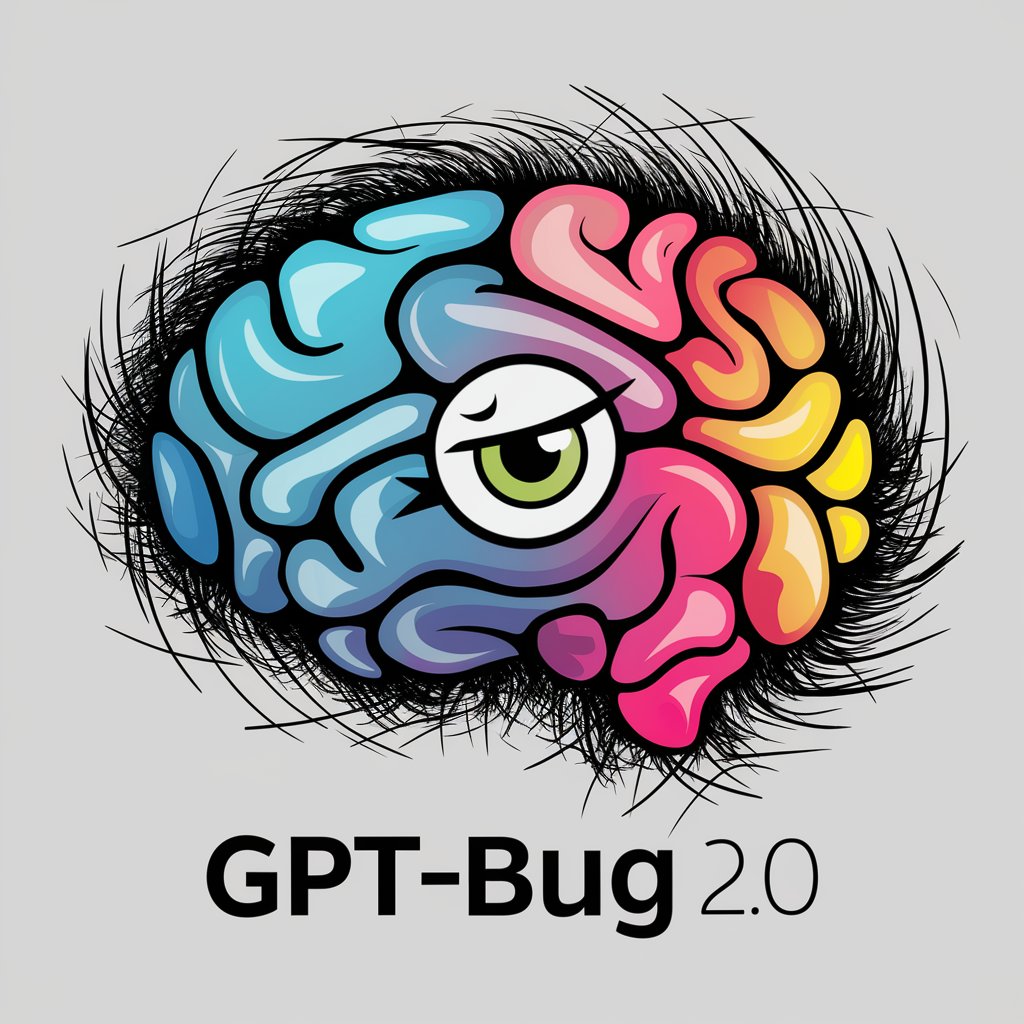
DocuDino
Empowering Documentation with AI

Find Top Business CPA Near You
AI-powered CPA Finder for Businesses

Elohim
Navigate Complexity with AI Wisdom

Osuszania
Empower your research with AI

Prompt Engineering Enhancer
Enhance Your AI Conversations with Precision

Enji Translator β-1.1
Breaking language barriers with AI-powered precision
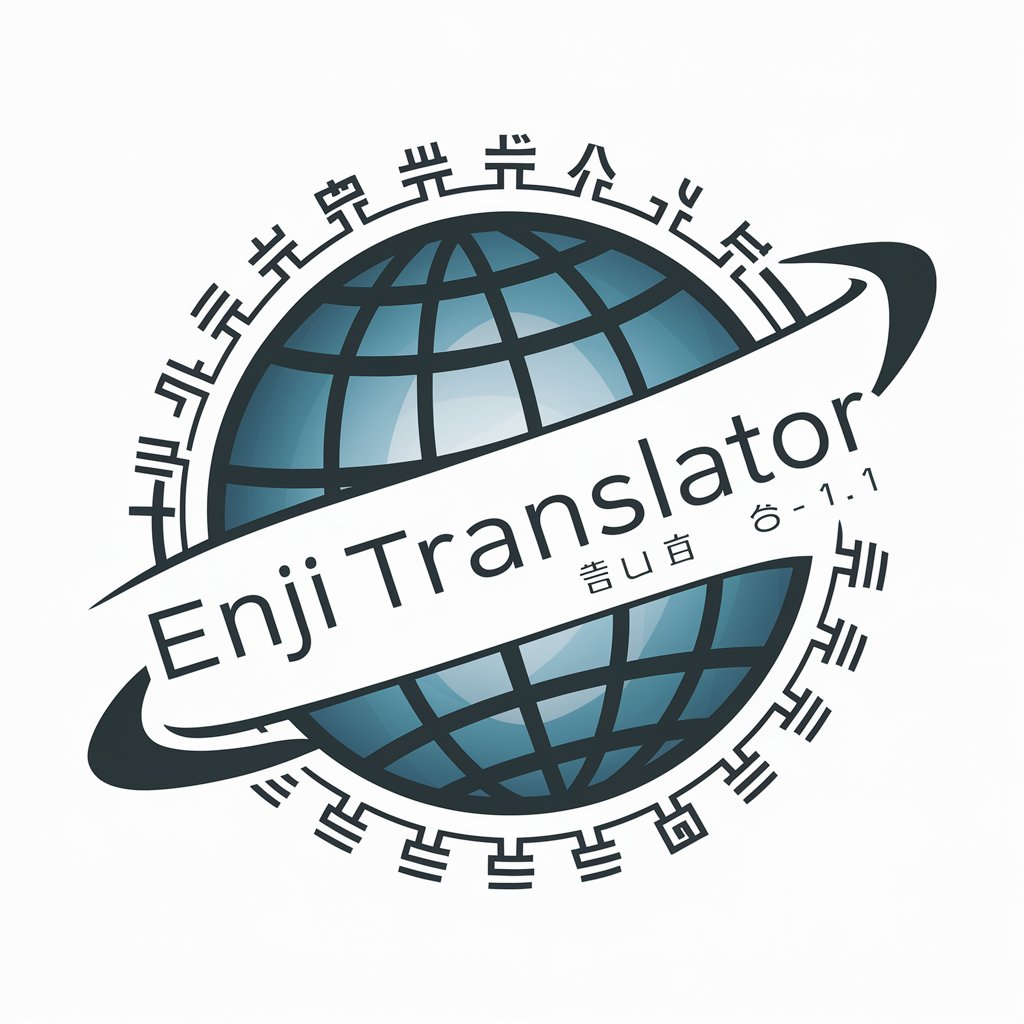
Quick Think IQ
Elevate your intellect, powered by AI.

Hogwarts Sorting Hat
Discover Your Hogwarts House with AI

Route Rabbit
Optimize your routes with AI efficiency.
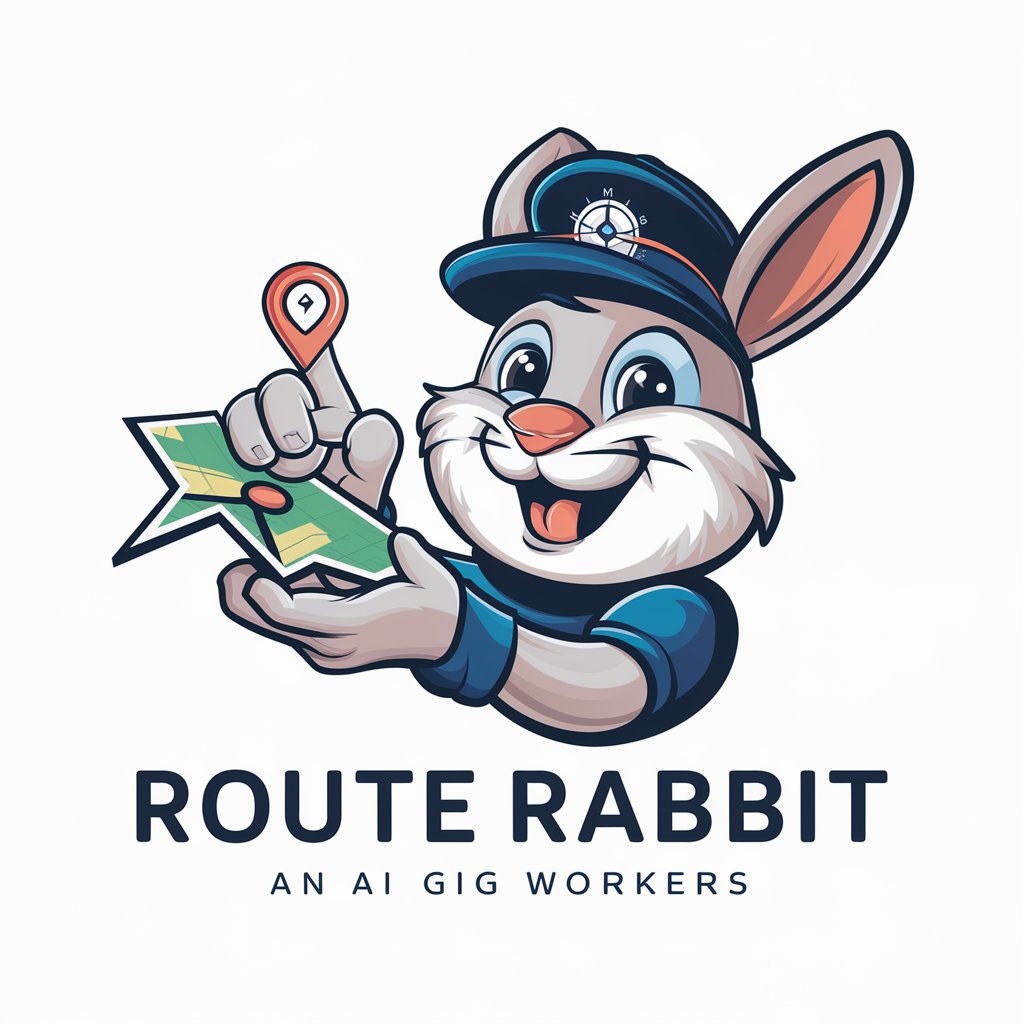
ProPlan Master
Streamlining Project Management with AI
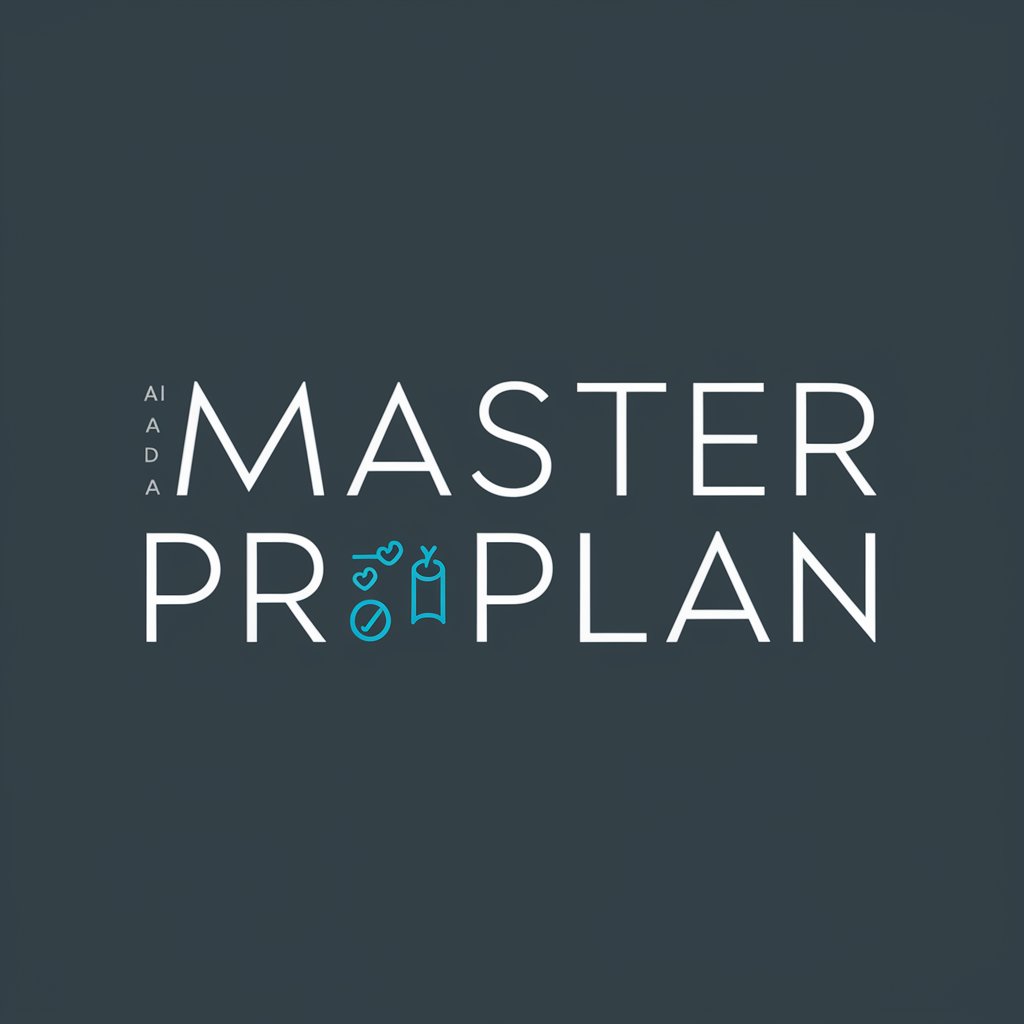
Frequently Asked Questions about Kubernetes Principles Guide
What is the Kubernetes Principles Guide?
The Kubernetes Principles Guide is a specialized resource designed to provide detailed, accurate, and up-to-date information on Kubernetes. It aligns closely with the official Kubernetes documentation to ensure users receive trustworthy and practical knowledge.
How can the Guide help beginners?
For beginners, the Guide offers a structured introduction to Kubernetes, breaking down complex concepts into understandable parts, with examples directly taken or inspired by official documentation, making the initial learning curve less steep.
Can experienced users benefit from the Guide?
Yes, experienced users can deepen their understanding of advanced topics, stay informed on the latest Kubernetes updates, and refine their skills with the Guide's detailed explanations and examples of complex use cases.
Does the Guide offer practical examples?
Absolutely. The Guide provides practical, real-world examples that align with Kubernetes' official documentation, enabling users to apply what they learn in their own Kubernetes deployments.
How often is the Guide updated?
The Guide is regularly updated to reflect the latest changes and additions to the Kubernetes ecosystem, ensuring it remains a relevant and valuable resource for users at all skill levels.
